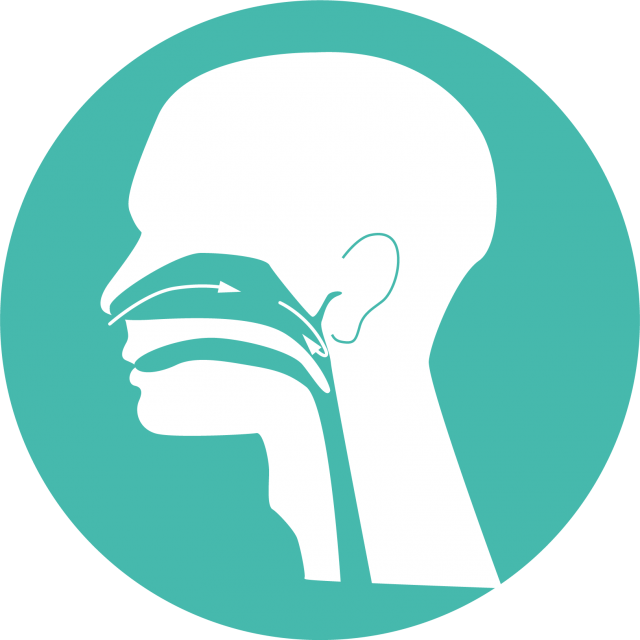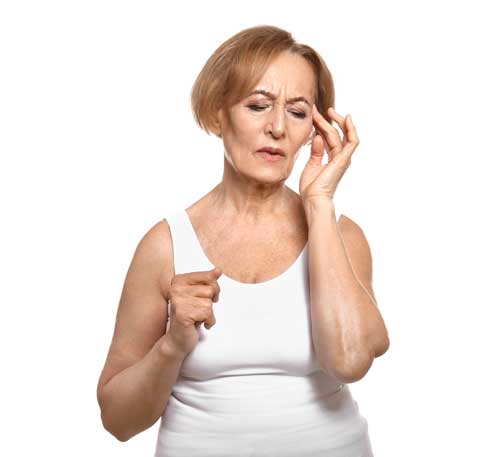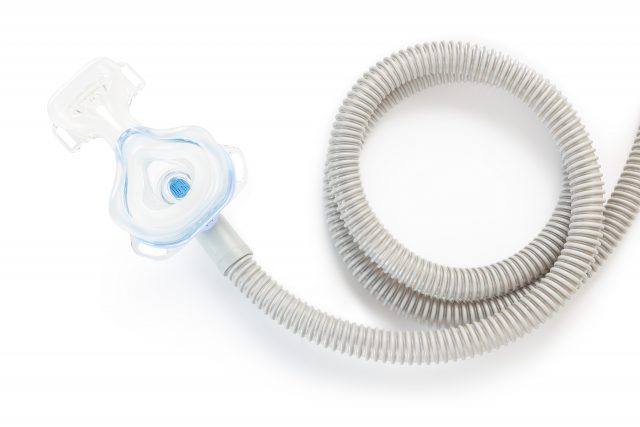Sleep apnea is a potentially serious sleep disorder characterized by repeated pauses in breathing throughout the sleep cycle. These pauses called apneas can last from a few seconds to over a minute and can occur up to a hundred times. Apneas are caused by the collapse of soft tissue in the airway, which prevents oxygen from reaching the lungs and can last. Weak muscles in the airway, a large tongue, obesity, and other factors may cause airway tissue to collapse and obstruct breathing. Sleep apnea disrupts the sleep cycle and can dramatically impact energy, mental performance, and overall health.
Company Profile
Types of Sleep Apnea
There are three forms of sleep apnea:
Obstructive Sleep Apnea (OSA), Central Sleep Apnea (CSA), and a combination of the two called
Mixed Sleep Apnea.
In OSA, breathing is interrupted by a blockage of airflow. Central Sleep Apnea (CSA) breathing stops due to a lack of effort to breathe. Mixed sleep apnea is any combination of OSA and CSA. Of the three types of sleep apnea, obstructive sleep apnea (OSA) is by far the most common form.
Common Symptoms Of Sleep Apnea
25% of adults worldwide suffer from sleep apnea and about 80% in the US are undiagnosed.
Untreated sleep apnea is associated with significant health risks.
If you are experiencing some of the symptoms below, it is important to consult your physician.
Symptoms
- Loud Snoring
- Awakening Due To Gasping Or Choking
- Witnessed Pauses In Breathing
- Restless Sleep
- Morning Sore Throat Or Dry Mouth
- Frequent Restroom Visit
- Early Morning Headache
- Excessive Daytime Fatigue
- Poor Concentration
- Depression Or Irritability
- Sleepiness During Routine Activities

Sleep Apnea Increases Health Risks
OSA is known to be directly related to several serious diseases. Untreated OSA may increase the risk of:
- High Blood Pressure
- Heart Attack, Sudden Cardiac Death
- Stroke
- Obesity
- Type 2 Diabetes
- Arrhythmias Or Irregular Heartbeats
- Driving And Work-Related Accidents
- Memory Problems
- Automobile and Truck Related Accidents Due to Fatigue
- Erectile Dysfunction

How is Sleep Apnea Diagnosed?
If you suspect you have sleep apnea, the first step is to take a Standard Symptom Test and bring it to your doctor. Only a doctor can prescribe a sleep test to definitively determine if you have OSA. Your doctor may prescribe a lab sleep study or a home sleep apnea test (HSAT), depending on your health history and insurance. This study is a simple, painless procedure that takes place in a sleep facility or in your home. WatchPAT is a simple, accurate, and reliable home sleep apnea test that can be used in the comfort of your home.
Find a Physician Using WatchPAT
Click on the link below to locate a physician in your area using WatchPAT to diagnose sleep apnea.
Treatment
Once diagnosed, sleep apnea can be successfully treated. Treatment can restore normal breathing during sleep, reduce stress on your heart, relieve symptoms, and improve quality of life.
The most common treatment of choice for obstructive sleep apnea is continuous positive airway pressure device (CPAP). is a mask that fits over the nose and/or mouth, and gently blows air into the airway to help keep it open during sleep. This method of treatment is highly effective. Using the CPAP as recommended by your doctor is very important.

Other methods of treating sleep apnea include: dental appliances which reposition the lower jaw and tongue;
upper airway surgery to remove tissue in the airway; nasal expiratory positive airway pressure where a disposable valve covers the nostrils; and treatment using hypoglossal nerve stimulation where a stimulator is implanted in the patient’s chest with leads connected to the hypoglossal nerve that controls tongue movement as well as to a breathing sensor. The sensor monitors breathing patterns during sleep and stimulates the hypoglossal nerve to move the tongue to maintain an open airway. Lifestyle changes are effective ways of mitigating symptoms of sleep apnea such as weight loss, avoid alcohol, quit smoking.
